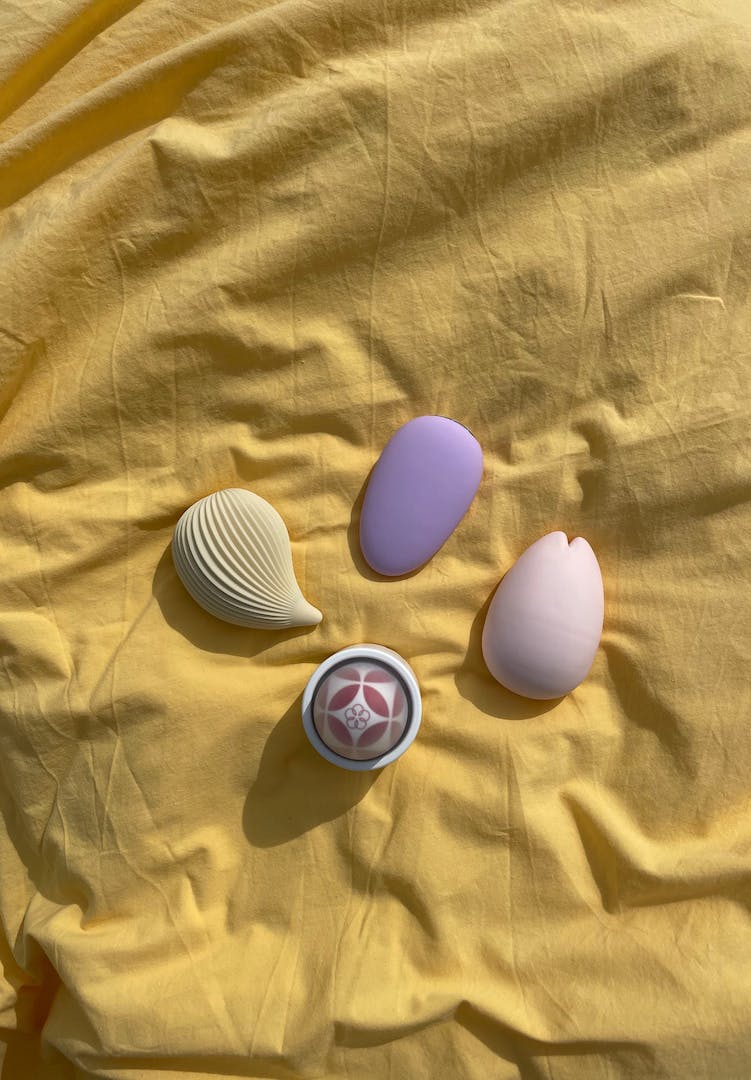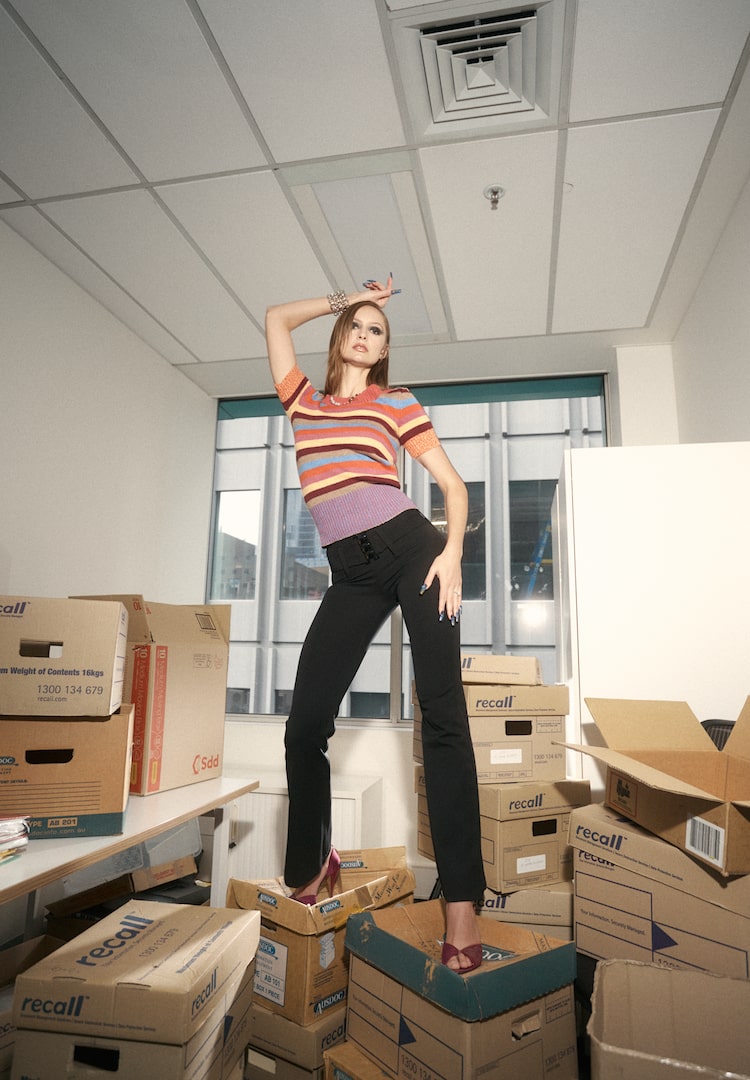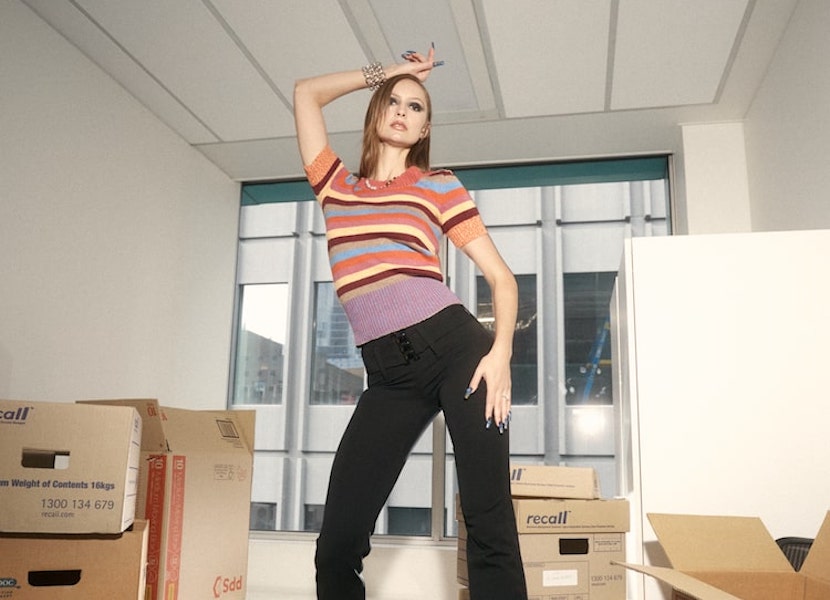It’s okay to have downtime: Here’s how to combat productivity guilt
PHOTOGRAPHY BY ELLA MAXIMILLION
WORDS BY IZZY WIGHT
How to revel in your downtime.
Before I entered the post-university degree, cog-in-the-wheel adult workforce, ‘proper jobs’ were elusive, uncharted territory, kind of like casual worker folklore. I’d show up hungover to my Saturday shift – kebab grease on my hands, hair still covered in glitter – and my coworker would shoot me a look.
“Dude, imagine like… working in an office,” I’d say unintelligibly. “Yeah… crazy,” she’d say back, equally as nauseous. We’d then spend eight hours doing as little work as possible before clocking off to nurse our sore heads. It was simple – work to survive, get your assignments in on time and generate as much free time as possible. After uni and a rite of passage European backpacking blowout, I started to take myself more seriously.
Got more career queries? Head to our Life section.
My industry was competitive, jobs were difficult to land and I already felt behind. How did no one warn me about this? Who authorised all of those wasted (quite literally, wasted) hours? It was a switch flipped; a subconscious decision I made to be the productive, accomplished and proficient twenty-something I felt the world expected. While I completed internships, spruced up CVs and trawled LinkedIn, I also ensured that even in my downtime I was ‘bettering myself.’ Becoming ‘that girl’, if you will.
I love reality TV, chick-lit novels, and spending time on silly, niche areas of the internet. I always have. But once productivity guilt insidiously started to creep in, I found myself unable to enjoy the activities that previously brought me relaxing bliss. When I allowed myself ‘free’ time, it was regimented: classic literature, arthouse (or at the very least, critically acclaimed) films and projects I could tout on my resume.
Like with most uber-strict restrictions we enforce on ourselves (limiting diets, overcommitted work weeks), I eventually crumbled, grinding my routine to a halt. I stopped caring, felt guilty and the cycle started again. The last few years have been particularly bad for my self-inflicted productivity punishment, and I’m tired.
We all deserve to enjoy downtime and if we’re being honest, burnout is pretty inevitable without it. Today we’re talking about productivity guilt, why we feel it and how to start blissfully doing nothing again.
What is productivity guilt?
As you’ve probably gathered, productivity guilt is that nagging feeling that you should be doing more. That you’re not maximising your time optimally. Maybe it’s because you didn’t tick off everything on your to-do list, you skipped a workout or spent a Saturday binge-watching TV in bed. It’s intrinsically linked with burnout, a phenomenon we’re acutely aware of after the stress of the last year.
It was a year of self-guided work, comparison anxiety and learning to draw the line between home and ‘the office’. It was particularly hard to switch off, in a lot of ways. According to an article by Naida Allen, the symptoms of productivity guilt are more than just mental anguish – they can be poor sleeping patterns, an inability to wind down and feeling uncharacteristically tired.
Why do we feel like this?
Looking at it simply, productivity guilt is likely just a symptom of living in a capitalist society. We’re taught to work hard, earn money and reap the benefits – when we retire. On a more human level, we’re hard-wired goal-setters. There’s a certain amount of dopamine our brain releases once a project or task is recognised as completed.
We’re optimistic, success-driven and always our own worst critics. As Whitney Johnson, executive coach and author of Disrupt Yourself explains, “You look at what you didn’t get done, and you get that sinking feeling deep in your soul that you are not enough”.
How to combat it
Unfortunately, there’s no cure-all way to alleviate feelings of stress, anxiety or guilt. Unlearning bad habits is a journey (some longer than others) and it’s unlikely to be a quick-fix solution. The best place to start? Reframing your thought patterns and recognising when you feel one of those icky intrusive thoughts coming on.
Before you start that cycle of productivity punishment, stop and think: is this a pressing need for today? Is it something you should be making a priority? When you’re feeling on the precipice of a negative spiral, get the important tasks out of the way – the ones that will have real-time consequences if not completed – and give yourself the rest of the day off.
Reward yourself for all of your day’s achievements (not just the productive ones). If your day was spent catering to your mental health needs – taking it easy, watching a show that makes you feel happy, skipping your workout to nurture the soul with some comfort food – you did exactly what you needed to do. This process can be as literal as including ‘relaxing time’ on your checklist before ticking it off or giving your diary a gold star on the days when you treated yourself with kindness. It sounds silly – fully aware – but whatever floats your mental health boat, sweetie.
Try to be realistic and catch yourself out on those irrational moments. Do you need to finish an entire book, go for a run, catch up with your friends and start your creative empire on your day off? Probably not, particularly if you’d rather be doing something else. As psychotherapist Jennifer Teplin explains, “Most of the time if we were not productive for one day there aren’t huge repercussions, but so often productivity guilt can make us feel like the world is ending.”
So watch the reality show, have a scroll on TikTok and sleep in when you can. Revel in your guilty pleasures because girlboss culture is (thankfully) dead – long live blissful hedonism.
This article was originally published on August 2, 2021.
Read more on combatting productivity guilt here.










